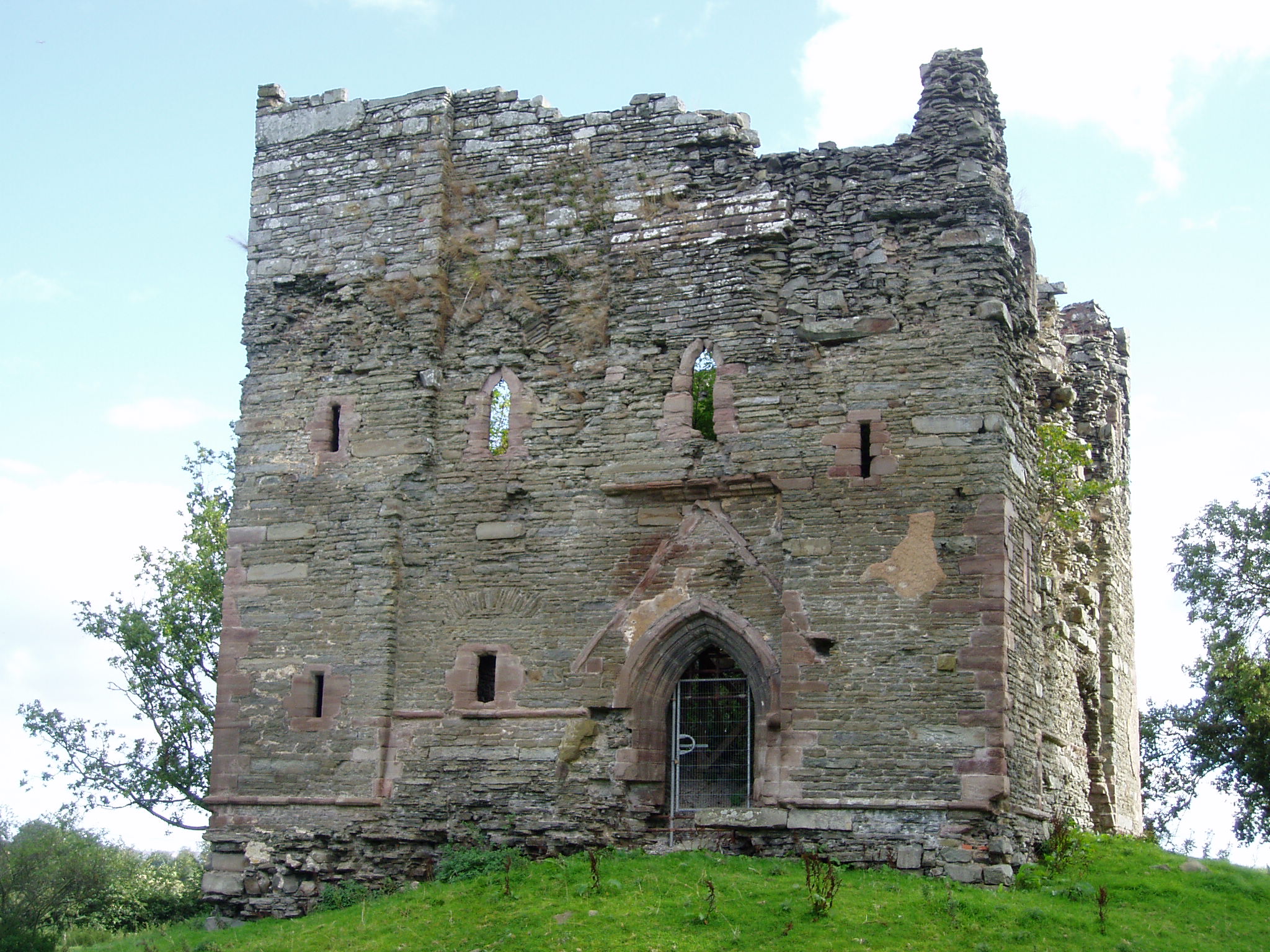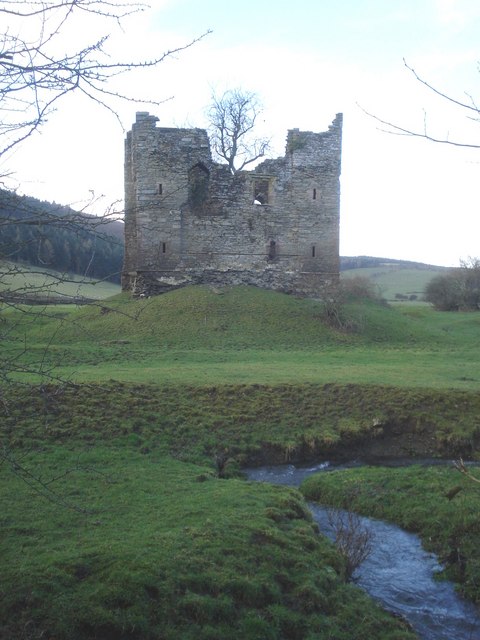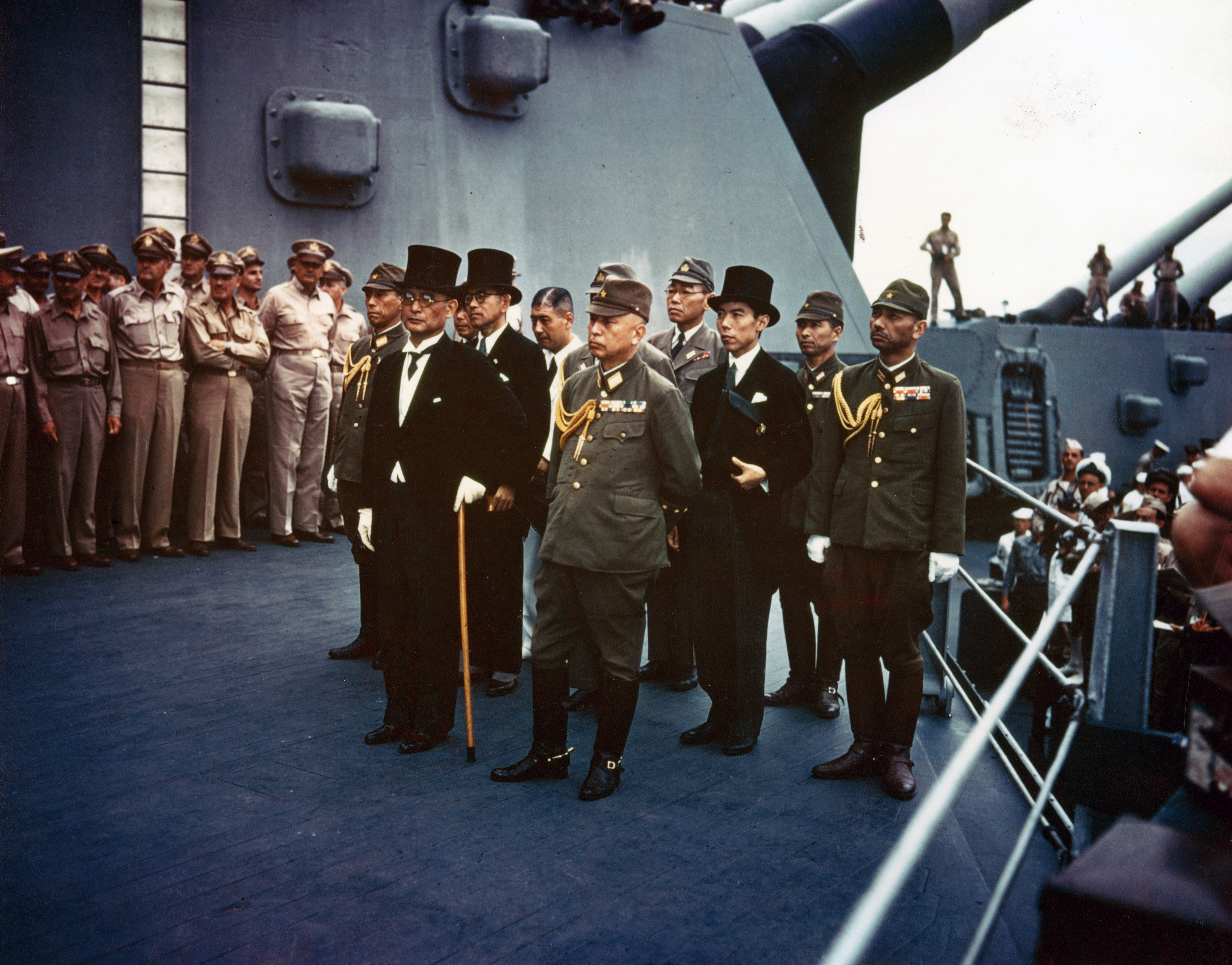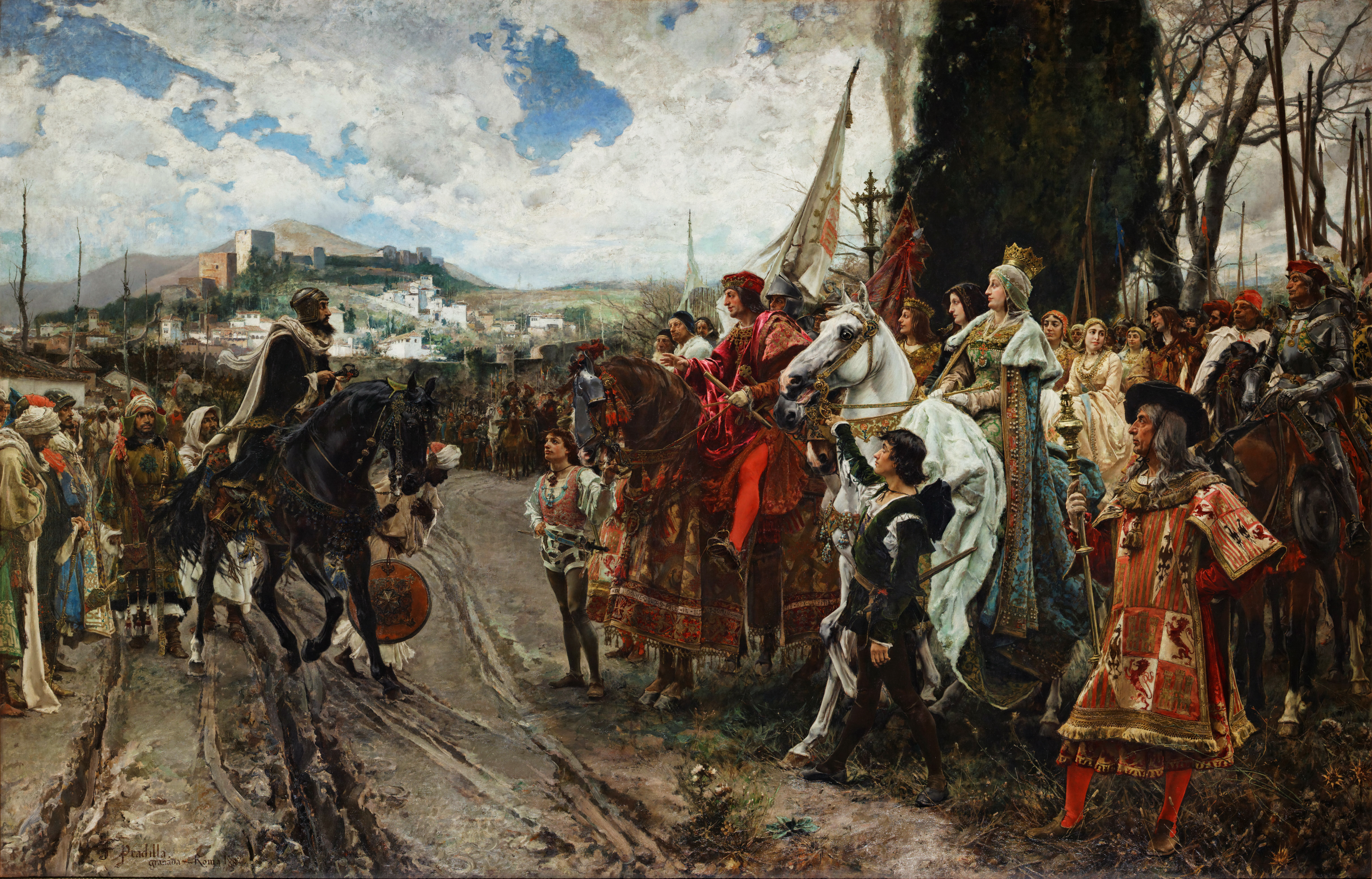|
Hopton Castle
Hopton Castle is situated in the village of the same name which lies approximately halfway between Knighton and Craven Arms, in the English county of Shropshire. Hopton Castle featured in the British TV series ''Time Team'' in 2010. A ruin since the early 18th century, it was partially restored between 2006 and 2011, and was officially re-opened to the public as a visitor attraction in December 2011 by the Duke of Gloucester. Norman castle The castle may have been founded in the 12th century as a motte and bailey by one of the Hoptons as a mesne lord of the Says of Clun Castle. Walter de Hopton possibly built the stone castle during the Barons' War of the 1260s. The bailey was fortified in stone and a rectangular two-storey keep was built. The last Walter Hopton died during the Wars of the Roses and the castle passed by marriage to the Corbet family of Moreton Corbet castle. From them it passed to Henry Wallop (died 1642) when he married Elizabeth Corbet, daughter of Robert ... [...More Info...] [...Related Items...] OR: [Wikipedia] [Google] [Baidu] |
Hopton Castle
Hopton Castle is situated in the village of the same name which lies approximately halfway between Knighton and Craven Arms, in the English county of Shropshire. Hopton Castle featured in the British TV series ''Time Team'' in 2010. A ruin since the early 18th century, it was partially restored between 2006 and 2011, and was officially re-opened to the public as a visitor attraction in December 2011 by the Duke of Gloucester. Norman castle The castle may have been founded in the 12th century as a motte and bailey by one of the Hoptons as a mesne lord of the Says of Clun Castle. Walter de Hopton possibly built the stone castle during the Barons' War of the 1260s. The bailey was fortified in stone and a rectangular two-storey keep was built. The last Walter Hopton died during the Wars of the Roses and the castle passed by marriage to the Corbet family of Moreton Corbet castle. From them it passed to Henry Wallop (died 1642) when he married Elizabeth Corbet, daughter of Robert ... [...More Info...] [...Related Items...] OR: [Wikipedia] [Google] [Baidu] |
English Civil War
The English Civil War (1642–1651) was a series of civil wars and political machinations between Parliamentarians (" Roundheads") and Royalists led by Charles I ("Cavaliers"), mainly over the manner of England's governance and issues of religious freedom. It was part of the wider Wars of the Three Kingdoms. The first (1642–1646) and second (1648–1649) wars pitted the supporters of King Charles I against the supporters of the Long Parliament, while the third (1649–1651) saw fighting between supporters of King Charles II and supporters of the Rump Parliament. The wars also involved the Scottish Covenanters and Irish Confederates. The war ended with Parliamentarian victory at the Battle of Worcester on 3 September 1651. Unlike other civil wars in England, which were mainly fought over who should rule, these conflicts were also concerned with how the three Kingdoms of England, Scotland and Ireland should be governed. The outcome was threefold: the trial of and ... [...More Info...] [...Related Items...] OR: [Wikipedia] [Google] [Baidu] |
The Times
''The Times'' is a British daily national newspaper based in London. It began in 1785 under the title ''The Daily Universal Register'', adopting its current name on 1 January 1788. ''The Times'' and its sister paper ''The Sunday Times'' (founded in 1821) are published by Times Newspapers, since 1981 a subsidiary of News UK, in turn wholly owned by News Corp. ''The Times'' and ''The Sunday Times'', which do not share editorial staff, were founded independently and have only had common ownership since 1966. In general, the political position of ''The Times'' is considered to be centre-right. ''The Times'' is the first newspaper to have borne that name, lending it to numerous other papers around the world, such as ''The Times of India'', ''The New York Times'', and more recently, digital-first publications such as TheTimesBlog.com (Since 2017). In countries where these other titles are popular, the newspaper is often referred to as , or as , although the newspaper is of nationa ... [...More Info...] [...Related Items...] OR: [Wikipedia] [Google] [Baidu] |
National Lottery (United Kingdom)
The National Lottery is the state-franchising, franchised national lottery established in 1994 in the United Kingdom. It is regulated by the Gambling Commission, and is currently operated by Camelot Group, to which the licence was granted in 1994, 2001 and again in 2007, but will be operated by Allwyn Entertainment Ltd from 2024. Prizes are paid as a lump sum (with the exception of the Set For Life which is paid over a set period) and are tax-free. Of all money spent on National Lottery games, around 53% goes to the prize fund and 25% to "good causes" as set out by UK Parliament, Parliament (though some of this is considered by some to be a form of "stealth tax" levied to support the National Lottery Community Fund, a fund constituted to support public spending). 12% goes to the UK Government as lottery duty, 4% to retailers as commission, and a total of 5% to operator Camelot, with 4% to cover operating costs and 1% as profit. From introduction in November 1994 until April 20 ... [...More Info...] [...Related Items...] OR: [Wikipedia] [Google] [Baidu] |
Hopton Castle 01
Hopton may refer to: Places in England *Hopton, Derbyshire *Hopton-on-Sea, Norfolk * Hopton (by Nesscliffe), Shropshire * Hopton Cangeford, Shropshire *Hopton Castle and Hopton Castle (village), Shropshire * Hopton Heath, Shropshire * Hopton Wafers, Shropshire *Hopton, Staffordshire *Hopton, Suffolk * Upper Hopton, West Yorkshire People *Arthur Hopton (1488–1555) of Cockfield Hall, Yoxford, Suffolk landowner, magistrate and MP *Arthur Hopton (died 1607), of Witham, Somerset, MP *Arthur Hopton (diplomat) (c.1588–1650), English diplomat who served as ambassador to Spain *John Hopton (died 1478) (c.1405–1478), landowner and administrator, Sheriff of Suffolk *John Hopton (naval administrator) (c.1470–1524), English naval officer and naval administrator *John Hopton (soldier) (1858–1934), British soldier, landowner, musician, and Olympic marksman *Nicholas Hopton (born 1965), British diplomat *Owen Hopton (c.1519–1595), Lieutenant of the Tower of London *Ralph Hopton (died 15 ... [...More Info...] [...Related Items...] OR: [Wikipedia] [Google] [Baidu] |
The Daily Telegraph
''The Daily Telegraph'', known online and elsewhere as ''The Telegraph'', is a national British daily broadsheet newspaper published in London by Telegraph Media Group and distributed across the United Kingdom and internationally. It was founded by Arthur B. Sleigh in 1855 as ''The Daily Telegraph & Courier''. Considered a newspaper of record over ''The Times'' in the UK in the years up to 1997, ''The Telegraph'' generally has a reputation for high-quality journalism, and has been described as being "one of the world's great titles". The paper's motto, "Was, is, and will be", appears in the editorial pages and has featured in every edition of the newspaper since 19 April 1858. The paper had a circulation of 363,183 in December 2018, descending further until it withdrew from newspaper circulation audits in 2019, having declined almost 80%, from 1.4 million in 1980.United Newspapers PLC and Fleet Holdings PLC', Monopolies and Mergers Commission (1985), pp. 5–16. Its si ... [...More Info...] [...Related Items...] OR: [Wikipedia] [Google] [Baidu] |
No Quarter
The phrase no quarter was generally used during military conflict to imply combatants would not be taken prisoner, but killed. According to some modern American dictionaries, a person who is given no quarter is "not treated kindly" or "treated in a very harsh way". Etymology The term may originate from an order by the commander of a victorious army that they will not quarter (house) captured enemy combatants. Therefore, none can be taken prisoner and all enemy combatants must be killed. A second derivation, given equal prominence in the ''Oxford English Dictionary'' (''OED''), is that quarter (n.17) can mean "Relations with, or conduct towards, another" as in Shakespeare's ''Othello'', Act II, scene iii, line 180, "Friends all ... In quarter, and in termes, like bride and groome". So "no quarter" may also mean refusal to enter into an agreement (relations) with an enemy attempting to surrender. The ''OED'' mentions a third possible derivation but says "The assertion of De ... [...More Info...] [...Related Items...] OR: [Wikipedia] [Google] [Baidu] |
Surrender At Discretion
An unconditional surrender is a surrender in which no guarantees are given to the surrendering party. It is often demanded with the threat of complete destruction, extermination or annihilation. In modern times, unconditional surrenders most often include guarantees provided by international law. Announcing that only unconditional surrender is acceptable puts psychological pressure on a weaker adversary, but it may also prolong hostilities. Examples Banu Qurayza during Muhammad's era After the Battle of the Trench, in which the Muslims tactically overcame their opponents while suffering very few casualties, efforts to defeat the Muslims failed, and Islam became influential in the region. As a consequence, the Muslim army besieged the neighbourhood of the Banu Qurayza tribe, leading to their unconditional surrender.Watt, ''Muhammad: Prophet and Statesman'', pp. 167–174. All the men, apart from a few who converted to Islam, were executed, while the women and children were e ... [...More Info...] [...Related Items...] OR: [Wikipedia] [Google] [Baidu] |
Surrender (military)
Surrender, in military terms, is the relinquishment of control over territory, combatants, fortifications, ships or armament to another power. A surrender may be accomplished peacefully or it may be the result of defeat in battle. A sovereign state may surrender following defeat in a war, usually by signing a peace treaty or capitulation agreement. A battlefield surrender, either by individuals or when ordered by officers, normally results in those surrendering becoming prisoners of war. Definition and etymology Merriam-Webster defines "surrender" as "the action of yielding one's person or giving up the possession of something especially into the power of another", and traces the etymology to the Middle English ''surrendre'', from French ''sur-'' or ''sus-'', ''suz'' "under" + ''rendre'' "to give back"; this in turn is defined by the University of Michigan Middle English Dictionary as meaning "The giving up of an estate, a grant of land, or an interest in property to the pe ... [...More Info...] [...Related Items...] OR: [Wikipedia] [Google] [Baidu] |
English Heritage
English Heritage (officially the English Heritage Trust) is a charity that manages over 400 historic monuments, buildings and places. These include prehistoric sites, medieval castles, Roman forts and country houses. The charity states that it uses these properties to "bring the story of England to life for over 10 million people each year". Within its portfolio are Stonehenge, Dover Castle, Tintagel Castle and the best preserved parts of Hadrian's Wall. English Heritage also manages the London Blue Plaque scheme, which links influential historical figures to particular buildings. When originally formed in 1983, English Heritage was the operating name of an executive non-departmental public body of the British Government, officially titled the Historic Buildings and Monuments Commission for England, that ran the national system of heritage protection and managed a range of historic properties. It was created to combine the roles of existing bodies that had emerged from a long ... [...More Info...] [...Related Items...] OR: [Wikipedia] [Google] [Baidu] |
Samuel More
Samuel More (1593–1662) was an English man who was at the centre of two historical incidents in 17th-century England. In the first, he arranged for the removal of his children to the New World aboard the ''Mayflower''; later, during the English Civil War, a garrison under his command was massacred by besieging forces. Samuel's father, Richard More, was master of Linley, an estate near Bishop’s Castle close to the Welsh border. Samuel married his cousin Katherine More, whose father, Jasper More, was master of Larden, a 1,000-acre estate between Much Wenlock and Ludlow in Shropshire. The mystery of why Samuel More sent his children on the dangerous journey on the ''Mayflower'' was not explained until 1959, when Jasper More, a descendant of Samuel, prompted by his genealogist friend, Sir Anthony Wagner, searched his attic and discovered a 1622 document which detailed the adultery of the children's mother, Katherine More. That admission led Samuel to believe that the children ... [...More Info...] [...Related Items...] OR: [Wikipedia] [Google] [Baidu] |







.jpg)